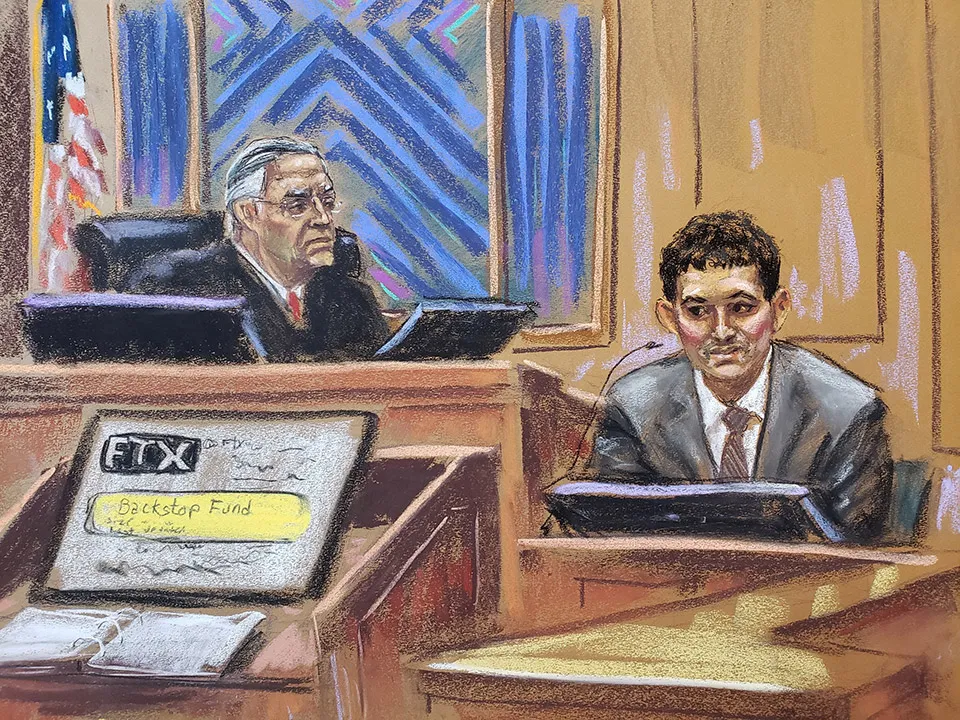US banks really dislike regulators’ proposals for higher capital charges to comply with the Basel III accord.
Bank lobby groups tell customers that requiring lenders to hold 16% to 19% more capital will end the dream of owning their own home for many and make it harder for small businesses to obtain finance to meet payroll and support their communities.
So, it is heartening to report that there is one issue on which regulators and banks speak with the same voice: they both are in full agreement that there just aren’t enough criminals in banking.
On October 24, the Federal Deposit Insurance Corporation (FDIC) approved new rules that give banks more flexibility to hire people with minor criminal records.
US banks have historically faced unique restrictions that, under section 19 of the Federal Deposit Insurance Act, prohibit them from hiring any person convicted of any criminal offense involving dishonesty or a breach of trust or money laundering.
It has now been decided that this wording is so vague that it unfairly stops people convicted of minor misdemeanors many years ago from getting a job at a bank with decent pay and other benefits.
The Bank Policy Institute (BPI) agrees with the FDIC that this must change.
Which bank will be imaginative enough to offer an opportunity to a rehabilitated SBF, one day?
“A more diverse talent pool for banking jobs that includes second-chance candidates will benefit job seekers and the economy as a whole,” states BPI president and chief executive Greg Baer.
This is all laudable. In the UK, for example, many of us get our spare keys cut or our shoes reheeled at service retailer Timpson, which has created a strong feel-good factor round its stores from the knowledge that many of its staff have served time in prison and are now getting that most precious thing in life: a second chance.
But banking is a different business. And Euromoney can’t help thinking it should think bigger.
Surely banks should have the flexibility to employ people with major criminal records.
Perhaps they could even devise some kind of ‘welcome back’ programme. After all, banks offer such a good training ground for the ingenious that it is a shame to lose all that institutional knowledge just because a person has to spend a few years off the desk.
Nick Leeson, perhaps the most famous rogue trader, was a popular figure on the after-dinner speaker circuit after his release from Changi Prison, where he served his time for bringing down Barings.
He has reportedly recently joined an investigative corporate intelligence unit working alongside Tom Hayes, the former UBS and Citigroup trader who became the first banker convicted – wrongfully, he insists – over Libor rigging and served five years in prison.
They could probably offer some useful insights to banks.
Adventurous types
One European bank chief executive recently told Euromoney that, even when a bank’s share price sinks on a mistake, CEOs are sitting comfortably right now. “There just aren’t that many candidates out there that boards can replace us with.”
So, it’s not just US banks that need to widen their talent pools.
The UK has just abolished the bonus cap on bankers’ pay. That might attract some more adventurous types.
In the US, the new rules will apply to candidates whose offences took place more than seven years ago.
Euromoney wonders if Sam Bankman-Fried (SBF), the former Jane Street trader just convicted for his role in the collapse of FTX and due to be sentenced next March, might ever make it back to his natural home.
His creativity might be put to better use in a regulated bank with a risk-management division, a compliance department, and restrictions on who can and can’t move money out of the institution.
Remember that Sequoia Capital, no less, once described him as “a special founder”, ambitious and daring enough “to build the future of finance”.
Which bank will be imaginative enough to offer an opportunity to a rehabilitated SBF, one day?




